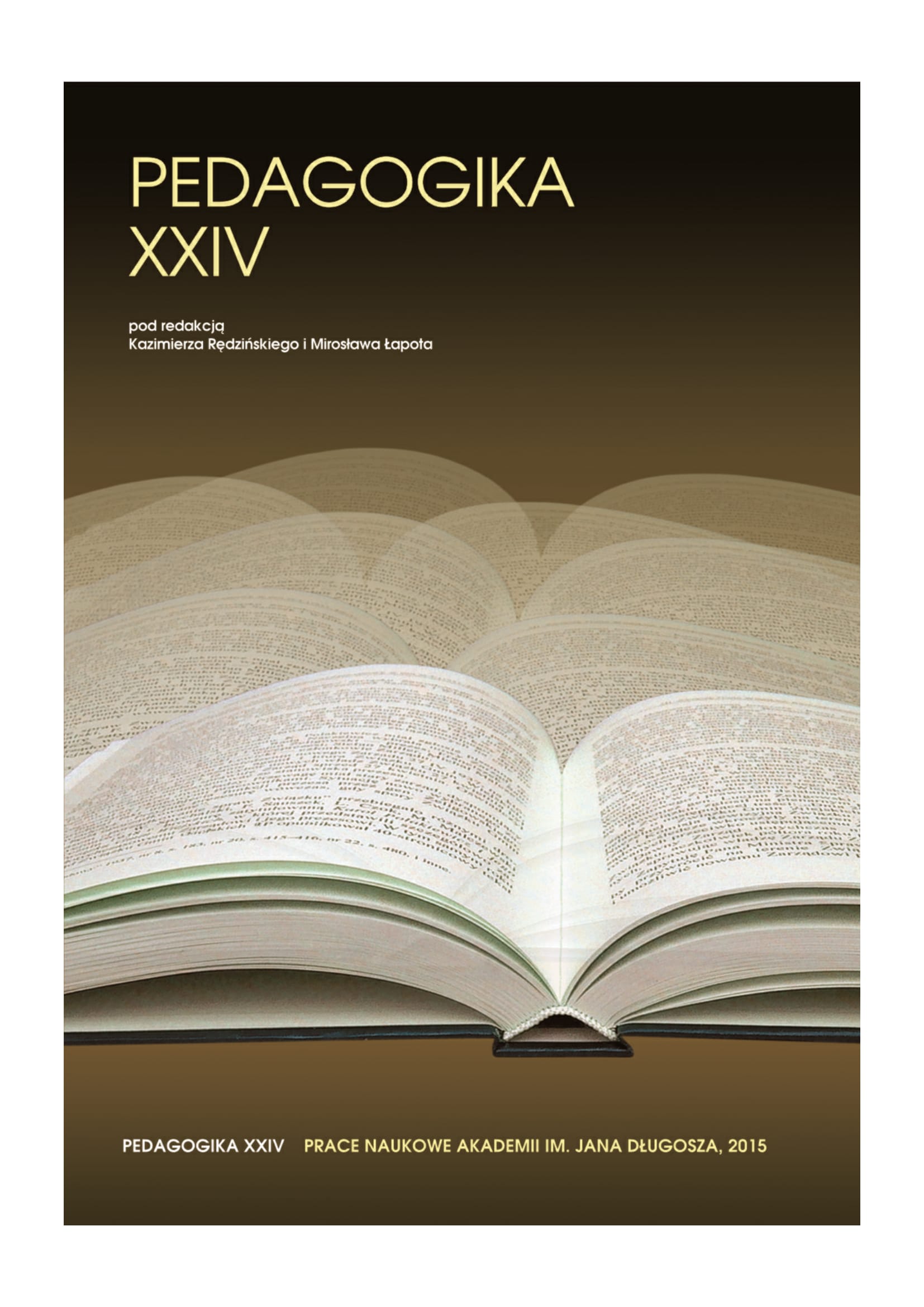Ideały wychowania i wartości pedagogiczne w poglądach i działalności neokonfucjanistów japońskich
Educational Ideals and Pedagogical Values in the Beliefs and Activity of Japanese Neo-Confucians
Author(s): Paweł ZielińskiSubject(s): Social Sciences, Education, Theology and Religion, Sociology of Education, Sociology of Religion
Published by: Uniwersytet Jana Długosza w Częstochowie
Keywords: humanist pedagogy; cultural pedagogic; traditional education in Japan; NeoConfucian education; education in the Far East
Summary/Abstract: Presented work is an in-depth study of the philosophical and pedagogical values of Japanese Neo-Confucianism. The thesis investigates them by analizing the achievements of representatives of both Neo-Confucianism schools in Japan: Shushigaku and Yōmeigaku. The first of aforementioned schools contributed to spreading authoritative education throughout the country. Furthermore, it strengthened hierarchic structure of society and the position of totalitarian government in Japan. The second one was persecuted, but promoted humanistic values and advocated democratic education. Japanese Confucianism also consisted pragmatic and economical values, which were realised in Confucianist academies placed in bigger Japanese cities. Confucianism contributed to economic success of this country through economic education. Currently, these two ideological tendencies are contending each other: one is opposing humanistic values and strives to eliminate humanistic fields of study from Japanese universities, the second protests against it. The residues of Confucianism in material and spiritual culture of Japan are explicitly connected with it.
Journal: Pedagogika. Studia i Rozprawy
- Issue Year: 2015
- Issue No: 24
- Page Range: 61-76
- Page Count: 16
- Language: Polish

